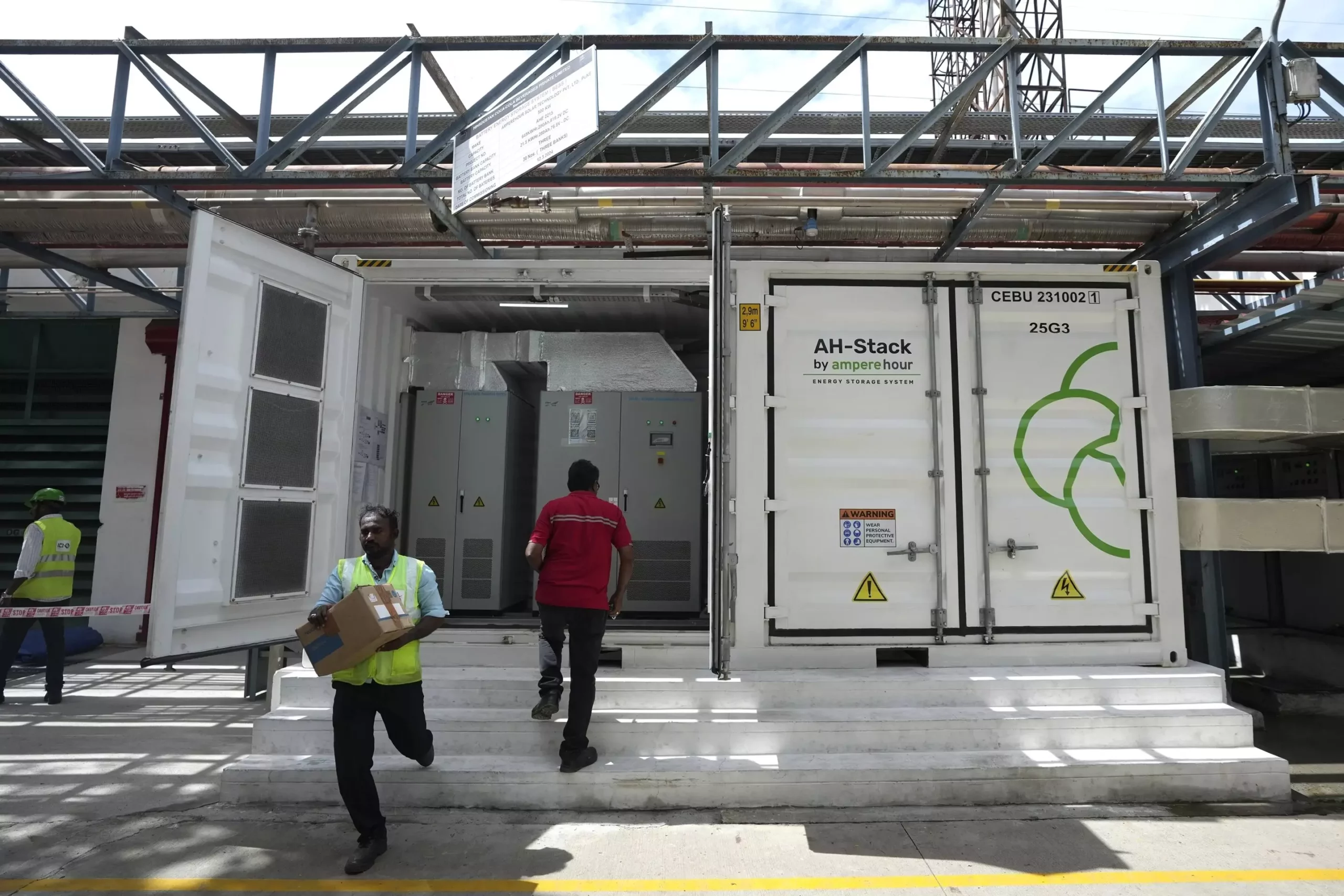India is at the forefront of an energy transition, moving away from traditional fossil fuels towards cleaner and more sustainable options. One of the key components of this transition is the emerging lithium ion battery storage industry, which is rapidly expanding to meet the country’s growing energy needs. With battery storage gaining momentum, India is poised to become a global leader in clean energy technology.
Currently, India has around 100 megawatts of storage capacity from batteries, with an additional 3.3 gigawatts coming from hydropower. Despite this progress, experts estimate that the country will need significantly more energy storage to meet its future needs. The Indian government projects that by 2032, India will require about 74 gigawatts of energy storage from various sources, including batteries, hydropower, and nuclear energy. However, some believe that this estimate falls short of the actual requirements, with the true need potentially being double the government’s estimate.
The Challenges and Opportunities
While battery storage presents a promising solution to India’s energy needs, there are challenges that need to be addressed. One of the concerns is the perceived cost of battery technology, with some customers viewing it as more expensive than traditional coal-based solutions. Additionally, the supply chain for batteries is heavily reliant on China, making the sector vulnerable to geopolitical risks. However, market trends indicate a shift towards greater acceptance of battery storage, with major Indian businesses making substantial investments in the industry.
To support the growth of the battery sector, the Indian government has announced a $452 million scheme to facilitate an additional four gigawatts of battery storage by 2031. However, subsidies for coal plants continue to complicate the transition to cleaner energy sources. Industry leaders are calling for supportive government policies that level the playing field and incentivize clean energy storage. The upcoming national budget announcement in July is eagerly anticipated for potential incentives in this regard.
As India grapples with rapid population growth and increasing energy demand, the need for sustainable energy solutions becomes more pressing. By combining renewable energy sources with efficient battery storage, India can reduce its reliance on coal and meet its energy needs in a cleaner and more cost-effective manner. With advancements in battery technology and declining costs, energy storage systems are poised to compete with traditional energy sources and play a crucial role in India’s energy transition.
The shift towards cleaner energy sources and efficient energy storage is essential for India’s sustainable development and economic growth. As the country faces unprecedented challenges in meeting its growing energy demands, embracing battery storage technology presents a viable solution. By leveraging government support, industry investments, and technological advancements, India can lead the way in transitioning to a cleaner and more sustainable energy future.


Leave a Reply